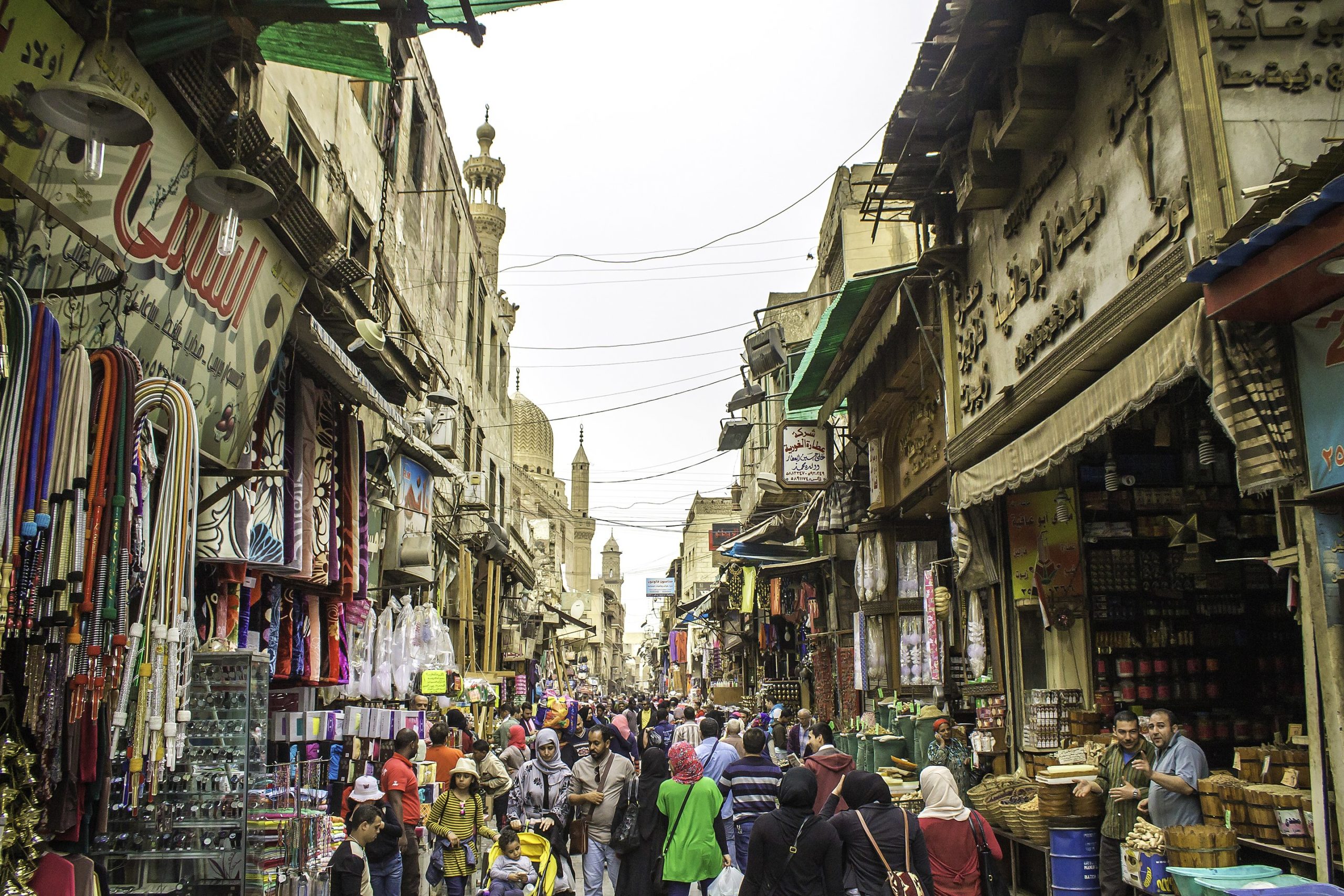Like it did for many international students, the COVID-19 pandemic required students Mohamed Mohsen ’23 and Mohamed Badran ’22 to return to their home country. After spending some time back home in Egypt, Mohsen and Badran found that Middle East-centric issues were not receiving enough media attention. The two students created The Cairo Journal, an Egypt-based news publication written in English, in an attempt to rectify this issue.
“Even in Egypt, you don’t see the kind of coverage that the Wall Street Journal might give to economic news or the New York Times might give to a certain political movement or campaign,” Mohsen said.
By most measurements, Egypt’s press is not particularly free — the media is either directly or indirectly controlled by the government and journalists and artists are frequently jailed for speaking negatively about the country’s affairs. Only one or two independent papers exist under this immense government pressure, and over 500 websites and independent news sources are blocked, including many English language papers like Daily News Egypt. Despite this, The Cairo Journal aims to maintain its independence and prioritize free speech.
The publication receives around 500 views daily, and topical articles about issues like the Yemen humanitarian crisis get around 400 shares on social media platforms, according to Badran.
The Cairo Journal is also publicly supported by various Egyptian influencers. Influencer Farouk Kandil said he used his Instagram platform, which has 32.2 thousand followers, to promote The Cairo Journal’s Instagram page because he liked the vision behind their website.
“As a professional kite surfer and athlete, I’m always so focused on the task ahead that I’ve rarely kept up with the political situation in Egypt,” Kandil wrote. “The Cairo Journal is an elegant and simple way for me to keep track and be able to contribute towards what’s going on in my own country.”
The online-based publication has four categories — world, Egypt, finance and opinions, and produces Egypt-centric articles ranging from “Egypt’s problem with sex” to the country’s water crisis as well as broader Middle Eastern news, such as the Rohingya genocide in Myanmar.
“We want to become the go to news source for very geopolitically conscious Egyptians, and we also want to engage the group of people who might not necessarily be digesting news about Egypt or about the world today and bring them into the fold by writing articles that are easily accessible,” Badran said.
Beyond raising awareness of issues in the Middle East, Mohsen said one of the publication’s goals is to “get people excited about the future of the nation.” Mohsen said that Egypt is a “linchpin” in the Middle East, yet he believes the country primarily receives negative coverage from English language press.
Mohsen said many people are unaware of important Egyptian news, stating that many of his Stanford classmates “didn’t even know that Egypt had undergone a revolution in 2012.”
“[The lack of awareness] really did inspire us to give that kind of coverage to a country that we think is on the global stage, [and] immensely significant,” Mohsen said.
Currently, The Cairo Journal has around 20 staffers. Individual articles lack bylines, an editorial decision Mohsen said was inspired by newspapers that speak with a unified voice.
“It really does pay testament to the rigorous editorial process that we put in place to make sure that all our content is conveying the kind of positive message that we want to convey,” Mohsen said.
Kandil said The Cairo Journal is necessary in Egypt because it has one of the youngest populations in the world and that populace has “become less and less politically conscious over the years.”
In the future, Badran says he hopes to expand the publication through podcasts and other accessible media.
Contact Janya Sundar at janyasundar ‘at’ gmail.com.
